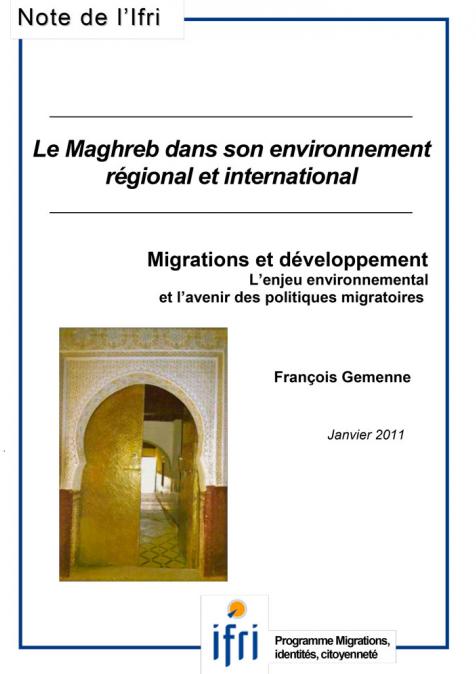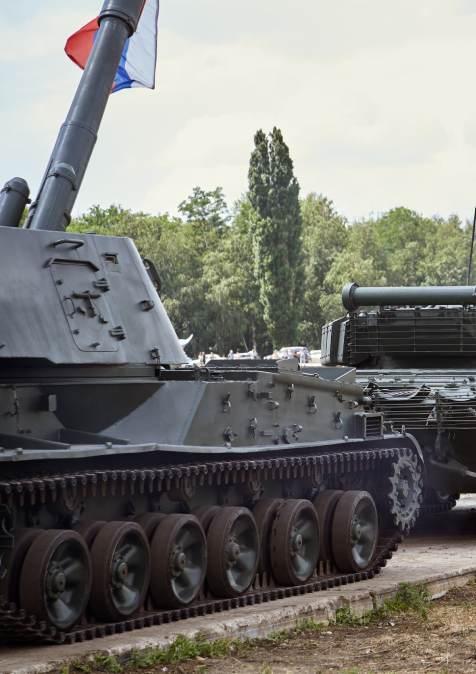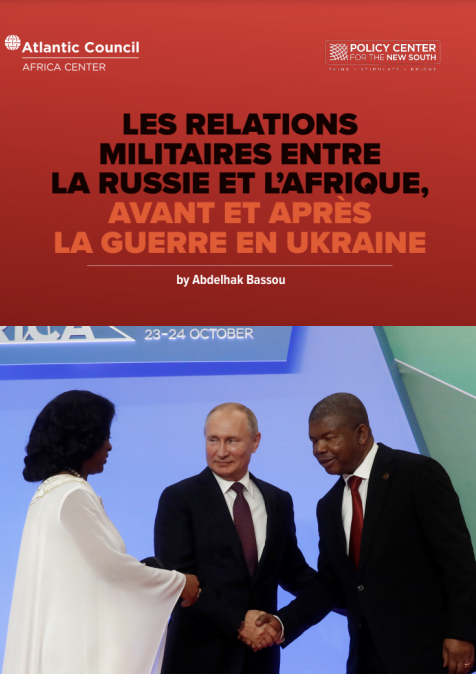Publications /
Policy Paper
This paper analyzes the future of migrations related to climate changes and environment degradations. He shows how the dominant public reasoning remains inappropriate for addressing these issues, because of the Western/Northern countries' misconception of the relation between migration and environmental changes, including the cultural and political biases these countries show in the solutions they propose. The discrepancy between public policies and the actual reality of climatic and environmental migrations may be measured along the discussion of two issues, which Gemenne proposes to frame in terms of the « right to leave » (one's country) and the « right to choose » (to leave or not). Finally, Gemenne shows how we can best conceive of this environment/migration relation in a much more realistic and less ideologically overcharged way. This Note de l'Ifri is the fourth contribution to The European migration policies from a Southern perspective project, supported by the OCP group.







